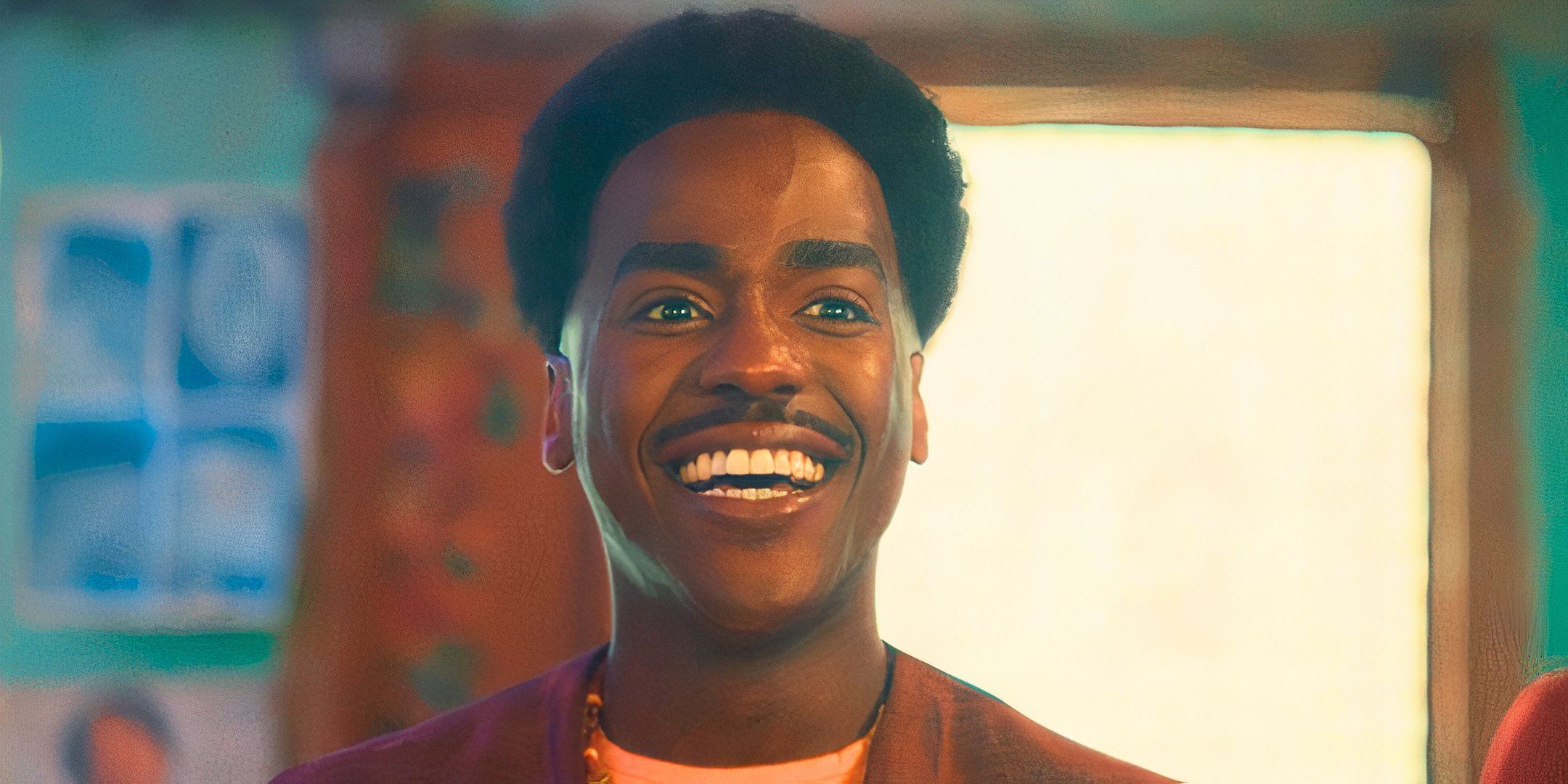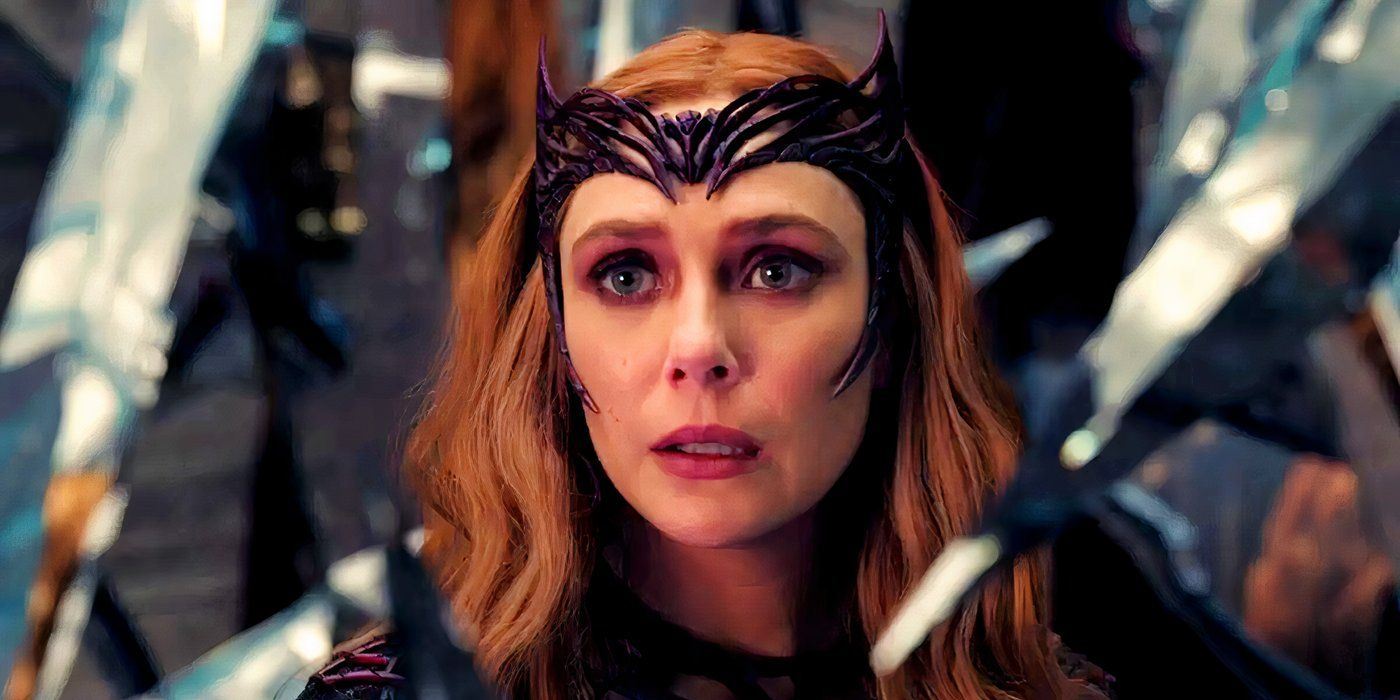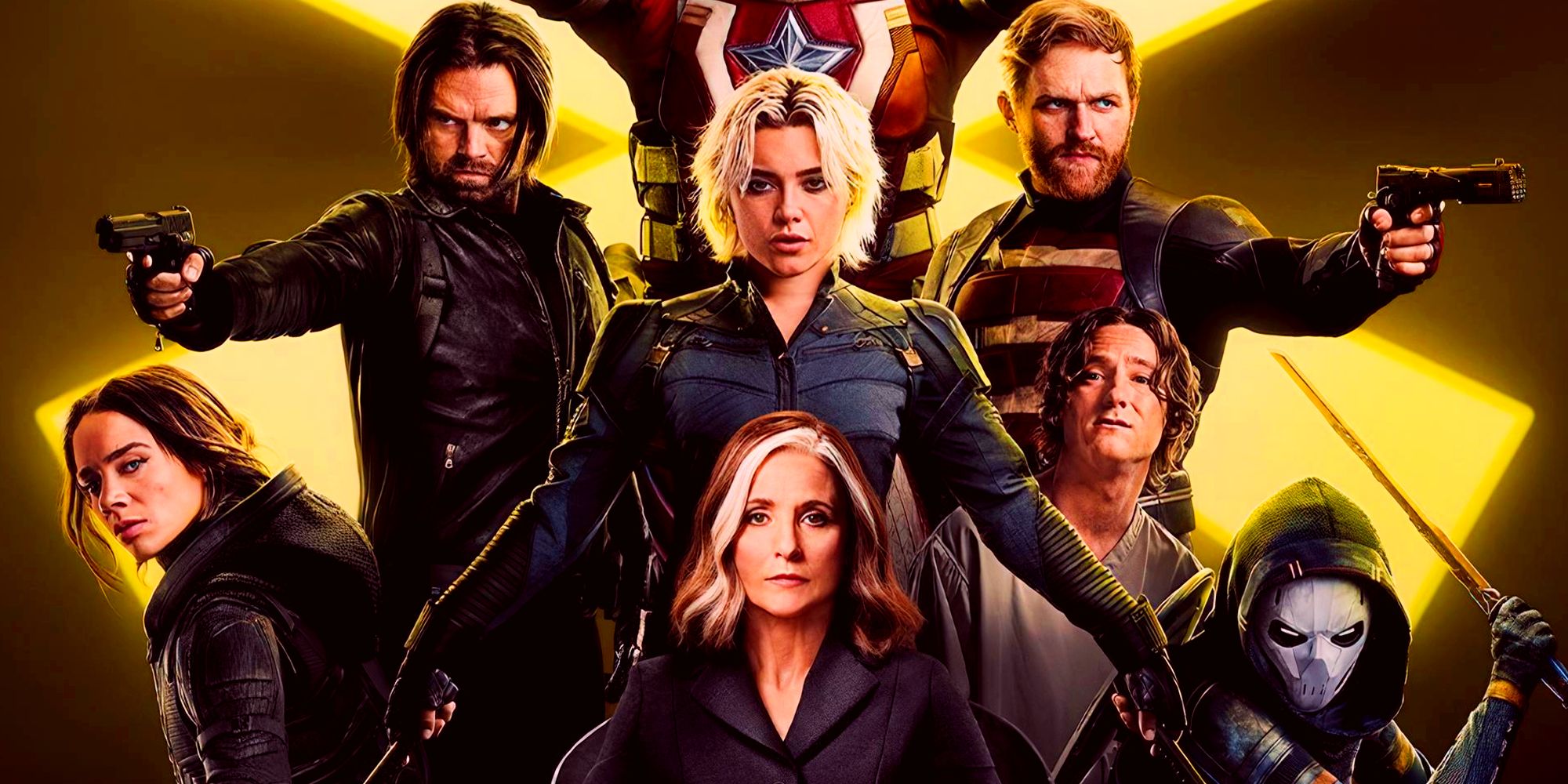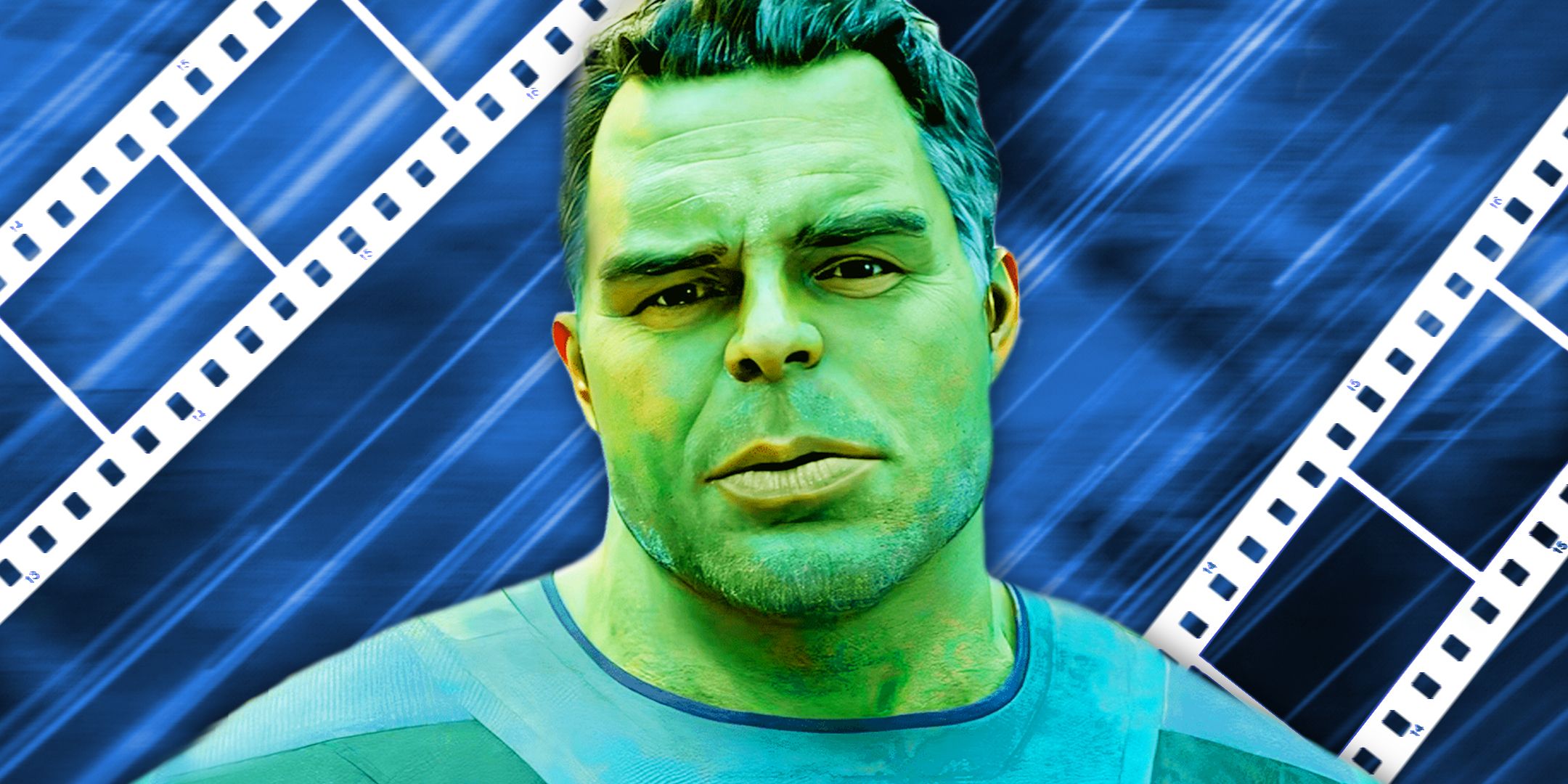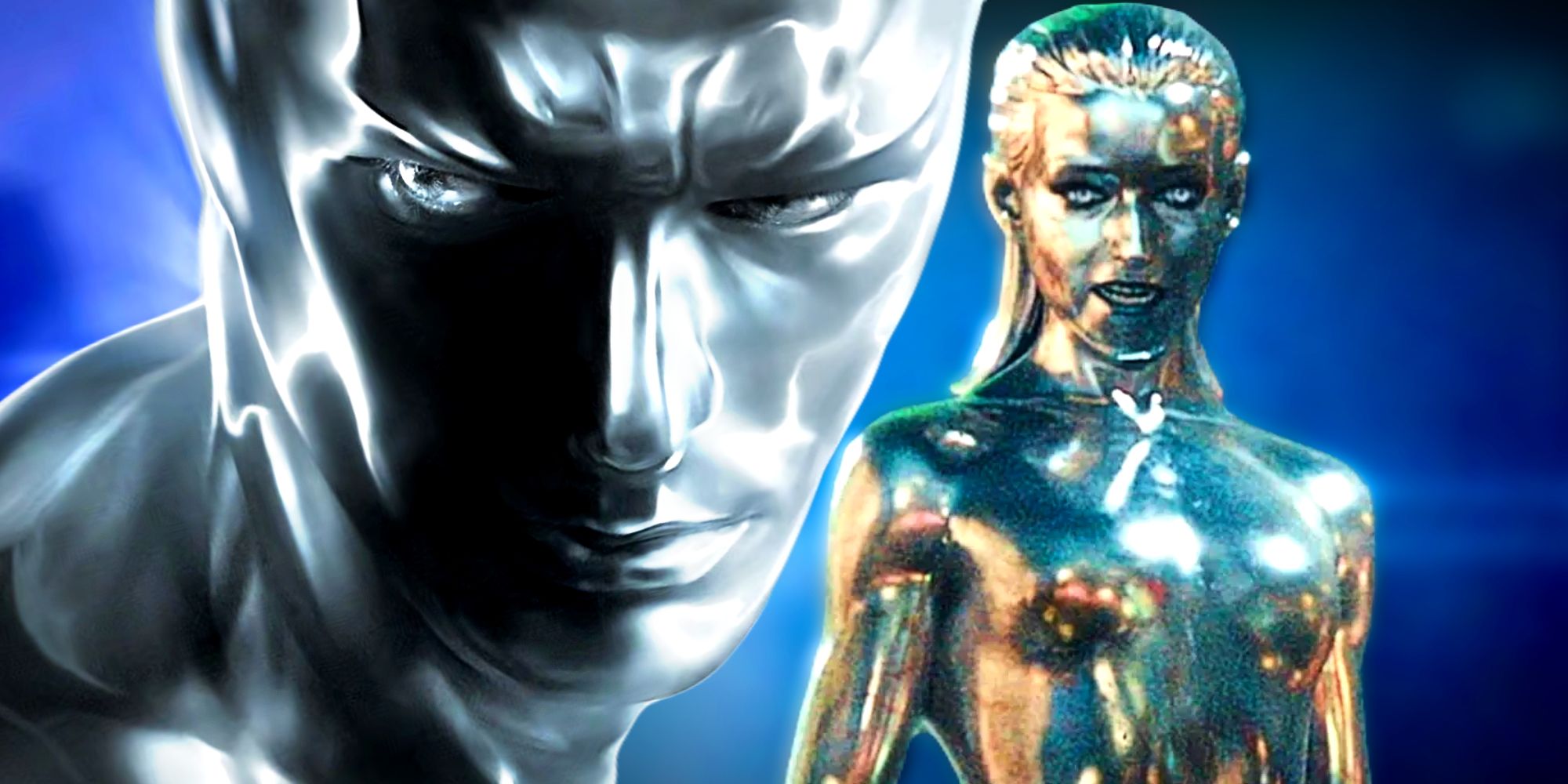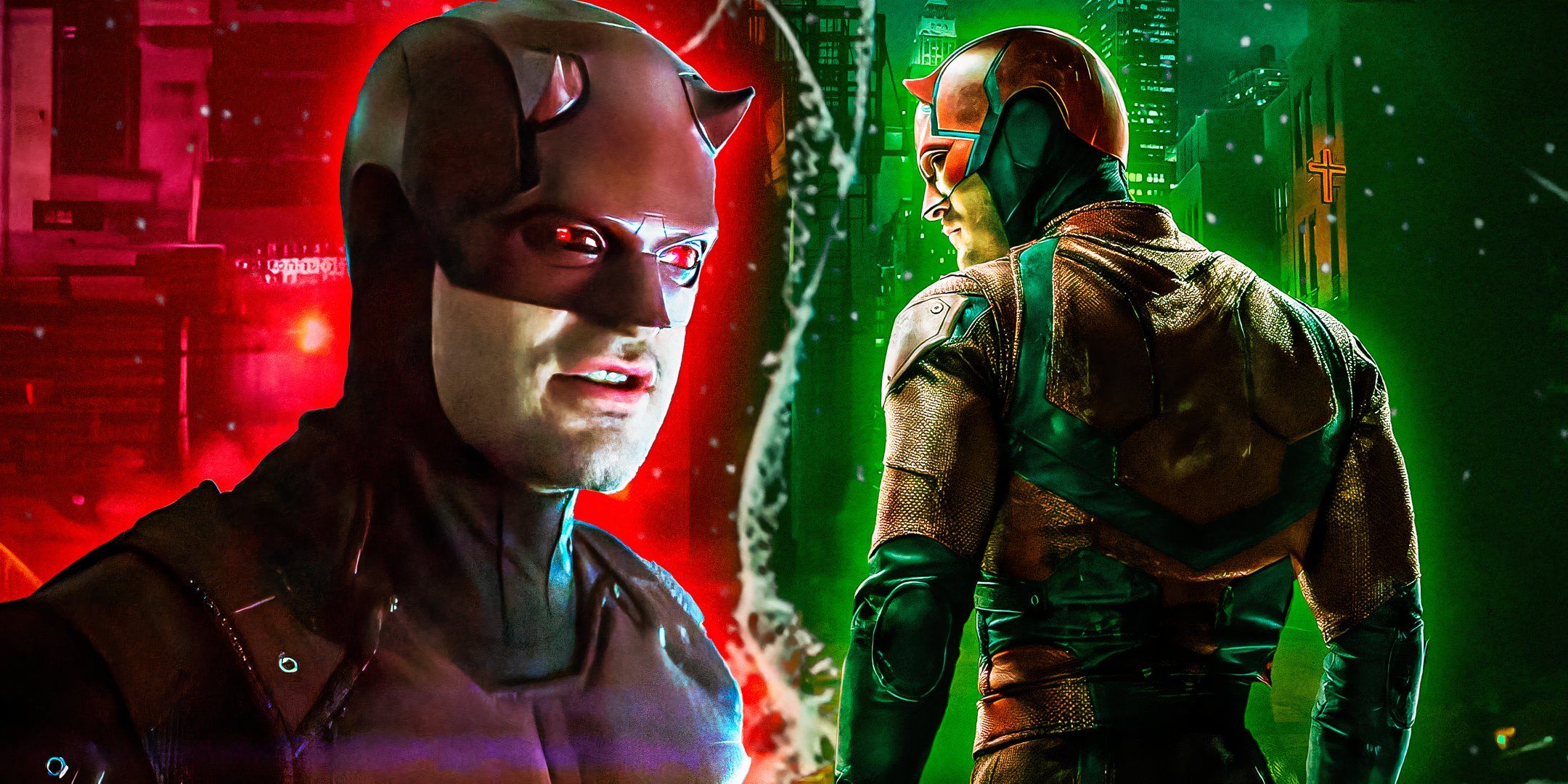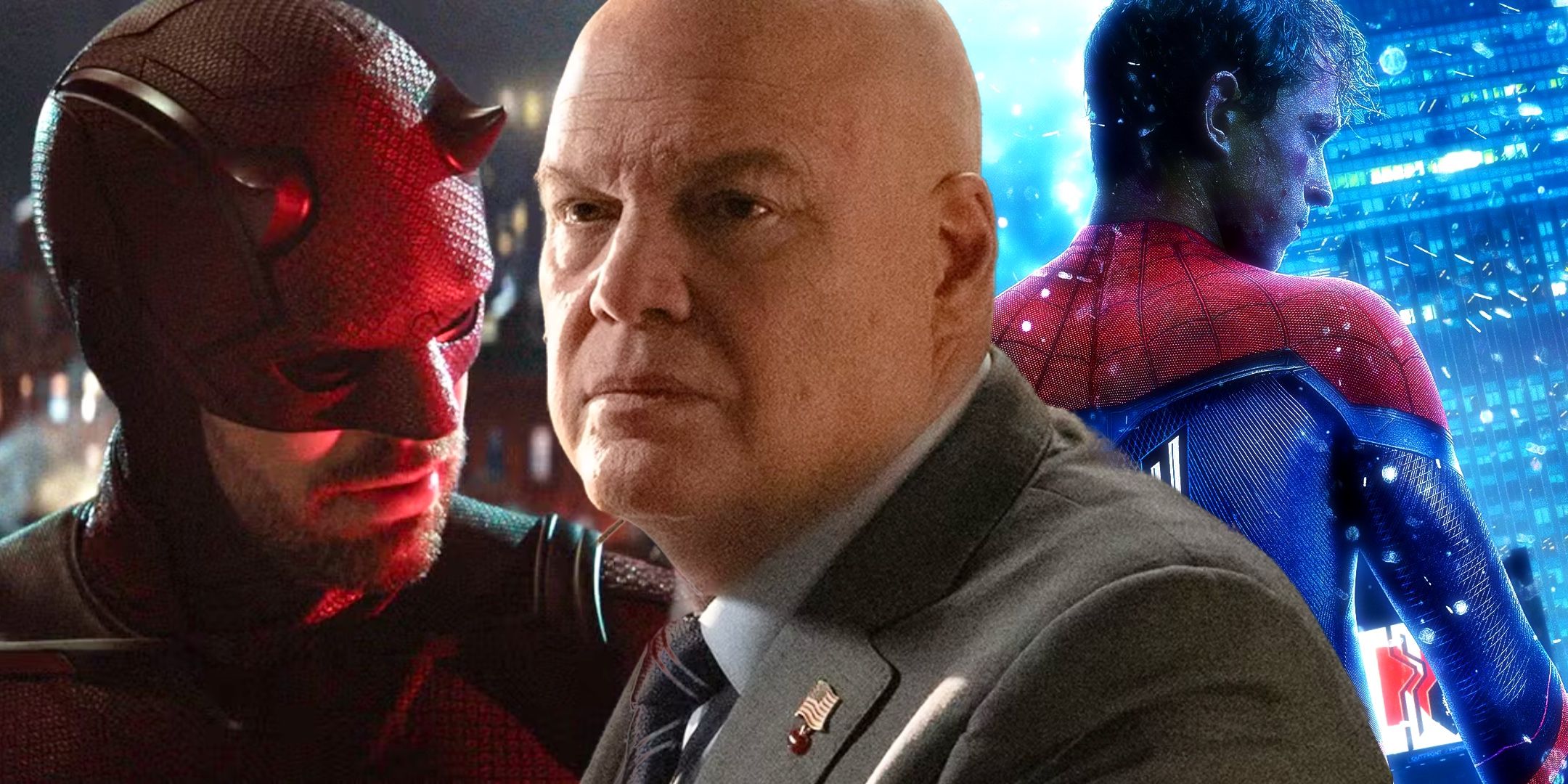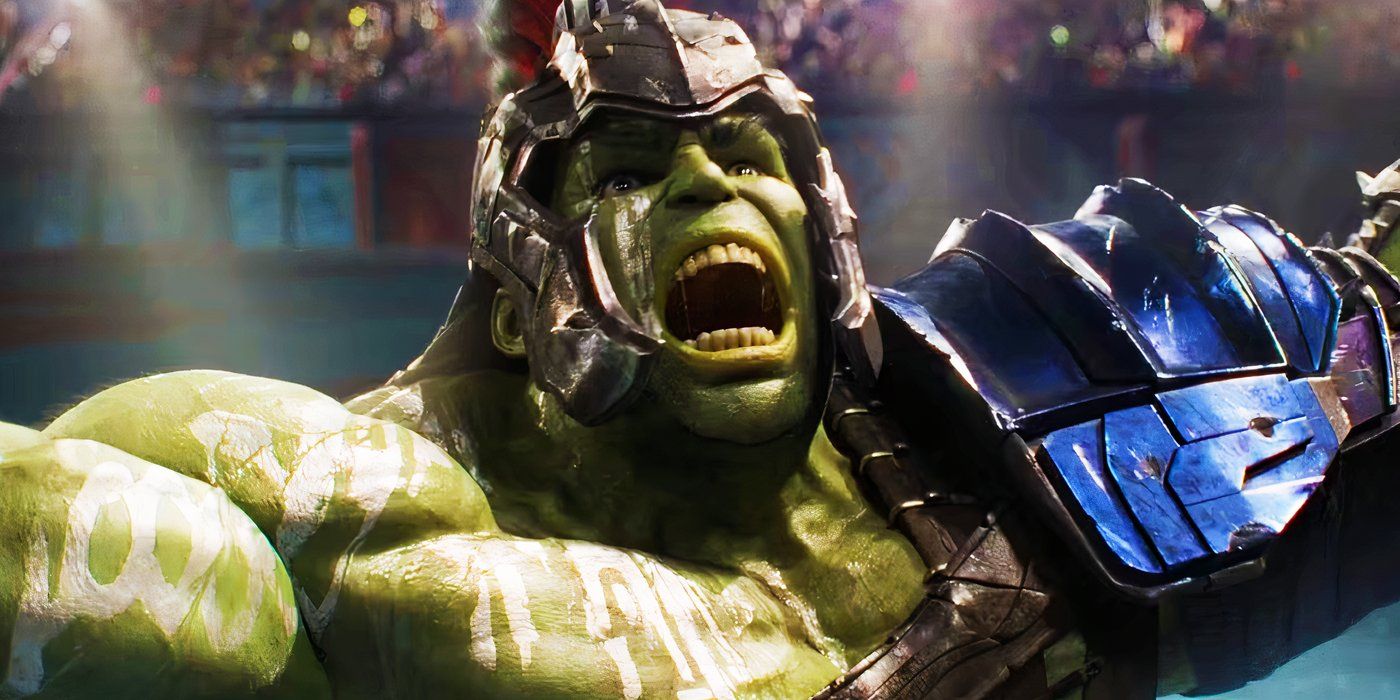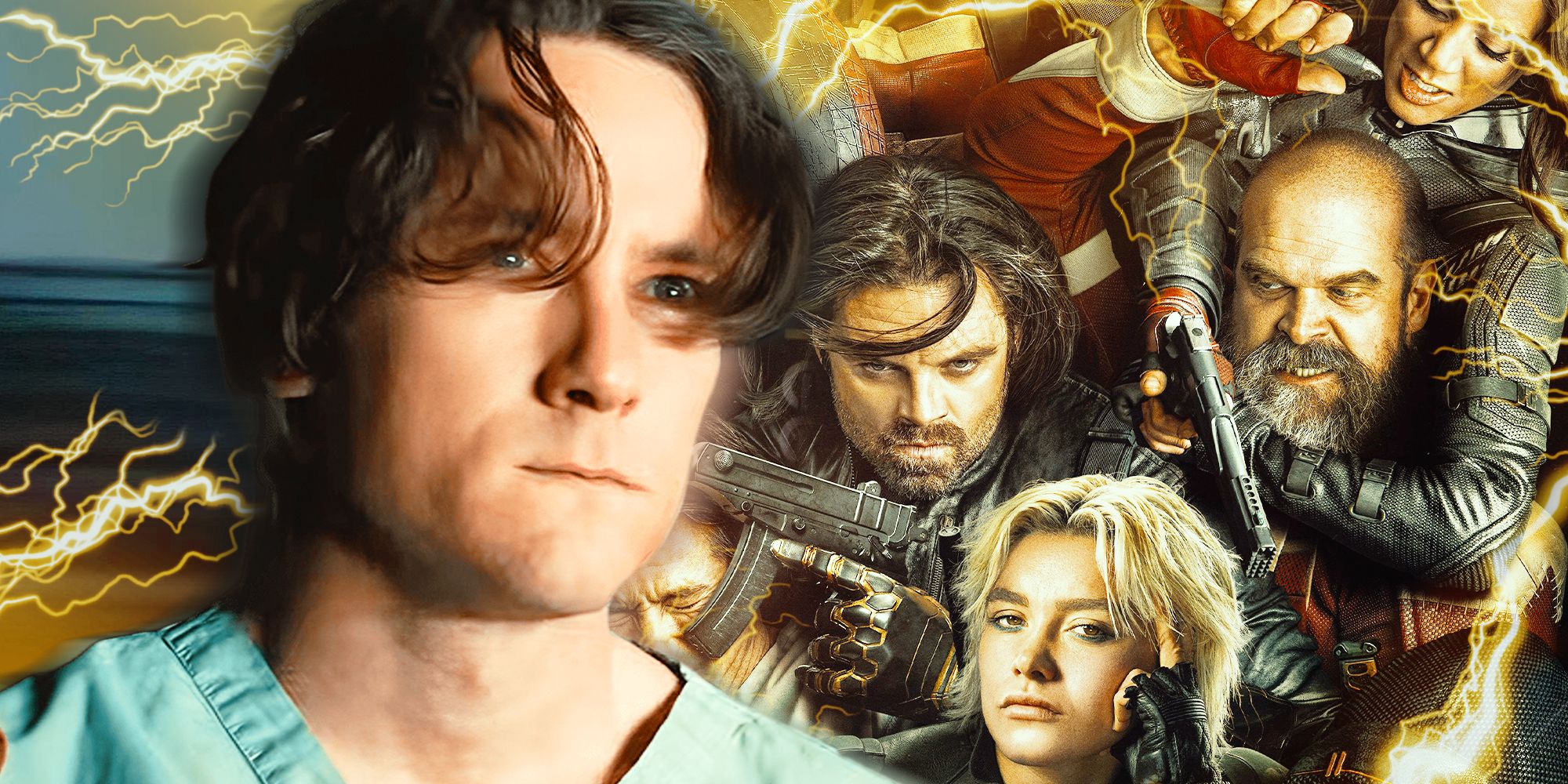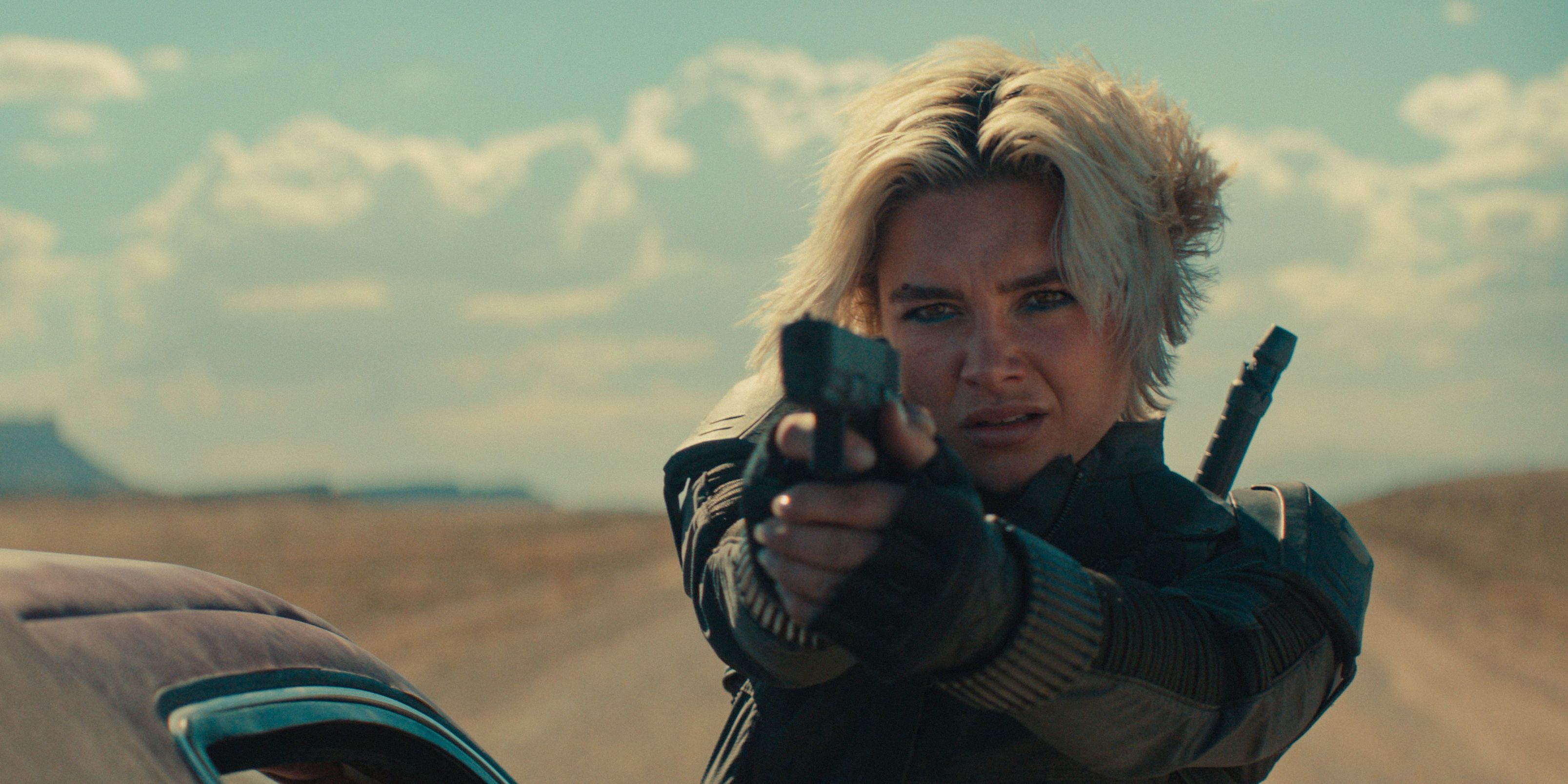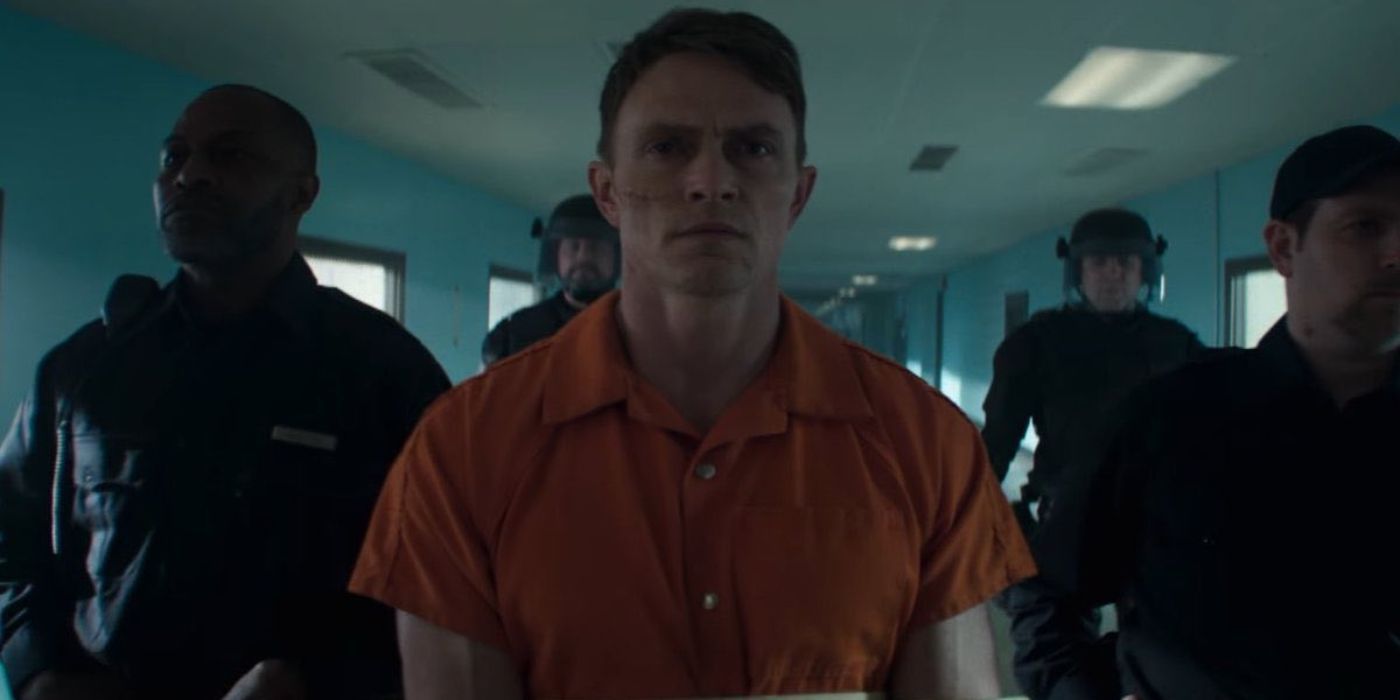Thunderbolts* Breakout Character's Origins Explained By Original Sentry Creator: “His Power Is His Problem”
Spoilers for Thunderbolts*
Thunderbolts*, or The New Avengers, has proven to be one of the most unique entries in the Marvel Cinematic Universe to the delight of critics and audiences alike. Not only did the movie give already-introduced but underutilized MCU characters their time to shine, but it also introduced a character who may turn out to be one of the most consequential to upcoming films. That is Bob, otherwise known as Sentry, otherwise known as Void, who is both a protagonist and antagonist in the film.
Before helping bring Thunderbolts* box office success, Sentry was introduced as a Marvel Comics character in 2000 via a miniseries written by Paul Jenkins and illustrated by Jae Lee. He’s a unique superhero not because of his admittedly overwhelming powers, but because he is a character constantly in a battle with himself. For that reason, stories like Thunderbolts* that center on Sentry often tackle themes of mental health and self-perception–which, in the MCU’s case, provided a much-needed breath of fresh air.
ScreenRant’s Joe Deckelmeier spoke with Sentry co-creator Paul Jenkins about the character’s exciting journey from page to screen. Jenkins weighed in on what Thunderbolts* gets right about Sentry, what the character means to him, and how the character’s flaws were key to the film ScreenRant’s Thunderbolts* review called “exactly what the MCU needs”. Plus, Jenkins shared what kinds of conversations he had with actor Lewis Pullman about getting Bob right in the MCU’s latest.
Paul Jenkins Explains How Sentry Fits Into Storytelling Tradition “His Power Is His Problem”![]() Sentry is a unique character in Marvel’s world, but he’s also one born from a rich tradition of complex heroes and antiheroes. “It’s not a unique story in some ways, right?” Paul Jenkins said about the duality of the character, “That’s Jekyll and Hyde, isn’t it? It’s about the duality of the human condition, and I think we all have these sides.” In Jenkins’ mind, some of the best superheroes were created in such a way that “their power was their problem.” “I had written a Hulk before,” Jenkins said, “and I always thought his power was his problem.”
Sentry is a unique character in Marvel’s world, but he’s also one born from a rich tradition of complex heroes and antiheroes. “It’s not a unique story in some ways, right?” Paul Jenkins said about the duality of the character, “That’s Jekyll and Hyde, isn’t it? It’s about the duality of the human condition, and I think we all have these sides.” In Jenkins’ mind, some of the best superheroes were created in such a way that “their power was their problem.” “I had written a Hulk before,” Jenkins said, “and I always thought his power was his problem.”
“I think that what’s really great in character creation and development is you can take the side of it that doesn’t work for them.”
As much as Sentry in all his glory is a “Superman-type character,” Jenkins said, “it’s not good, because his power is his problem.” And, he said, “That kind of thing is a story that I think we can all relate to.”
Jenkins also expected the mental health aspect of Sentry’s story to resonate, saying “I think we can all relate to the fact that there are good days and bad days.” And, even if viewers and readers aren’t on mental health journeys, “I’m sure that we have a family member who is dealing with it … I just felt that there wasn’t a single person that would ever see the Sentry that wouldn’t say, ‘I see myself, or my understanding, in that character.’”
How Sentry Is Secretly A Commentary On Comics “It Was A Very Specific Thing That We Did”![]() Sentry was created and written in part to explore themes of mental health and the drawbacks of power, but he also was meant to mirror the journey of the comics industry as a whole. “It was a very specific thing that we did, actually,” Jenkins shared. “When I created the character, I had looked at the way that comic history had gone, and if you think about it, back in the forties and fifties … it was sort of like, ‘throw something against the wall, see what sticks.’”
Sentry was created and written in part to explore themes of mental health and the drawbacks of power, but he also was meant to mirror the journey of the comics industry as a whole. “It was a very specific thing that we did, actually,” Jenkins shared. “When I created the character, I had looked at the way that comic history had gone, and if you think about it, back in the forties and fifties … it was sort of like, ‘throw something against the wall, see what sticks.’”
“Around the sixties and seventies,” Jenkins continued, “it became much more experimental. You could have hippies and flower powers and all that kind of stuff. In the eighties, it became very realistic, [with] Alan Moore and people like him that wrote these realistic takes on characters. [With] Frank Miller in the nineties, it got a little tough. It got a little nasty. [Then there were] chromium covers and stuff where it all falls apart, [and] in the two thousands, it was time for recovery.”
The addiction that you might have with, say, heroin, mirrors the evolution of comics. You take it, you experiment, you come down to Earth, things get nasty, and then you recover. So, [Sentry was meant to mirror] the whole evolution of comics.”
![]() Related Thunderbolts*: 10 Major Differences Between the Comics and the MCU Thunderbolts* is currently sweeping the nation at the box office. Everyone loves the new MCU movie, despite some major changes from comic lore.
Related Thunderbolts*: 10 Major Differences Between the Comics and the MCU Thunderbolts* is currently sweeping the nation at the box office. Everyone loves the new MCU movie, despite some major changes from comic lore.
Posts Jenkins Reflects On Sentry’s MCU Debut “I Don’t See That I Could Be Anything But Happy” Close It’s taken 25 years for Sentry to make the transition from page to MCU character–a length of time that is actually short compared to most of his peers (the Guardians of the Galaxy, for example, debuted in 1969.) Not only was Jenkins around to see the adaptation happen, but he helped ensure it was done the right way: “I was very lucky to work with Jake Schreier and a couple of other creative producers,” he said, “it was very gratifying to me that Jake had cared very much about our conversations and what I brought to it.”
The creator also shared his experience meeting Lewis Pullman, who played Bob/Sentry/Void in Thunderbolts*, after the movie was done. “He was a lovely guy,” Jenkins said, “and when I met him, we began to talk a little bit about staying in touch and continuing the dialogue about what the Sentry meant and what it would do.” Jenkins revealed that Pullman told him, “‘I love being this person. This character speaks to me so much,’” and that he was interested in learning more about Sentry.
Overall, the creator said “I loved how they presented it. I love what Lewis has done with it. I thought the vulnerability of the character is really cool. I think people love the dynamic with his character and Florence Pugh’s. So, all in all, I don’t see that I could be anything but happy.” Jenkins also said he is still in touch with “the film people,” adding, “I was able to be part of that one. I hope I’m able to be part of Sentry in the future.”
Bob’s Internal Struggle, Explained "He Can't Forgive Himself"![]() Bob is a fascinating character because he contains not only the Sentry, but the Void–a destructive, nihilistic manifestation of Bob’s inner struggles. But, crucially to Paul Jenkins, “I’ve always felt that what we did was not just shoehorn in, ‘It’s good versus bad.’ That was never the case. I think when he was the Sentry, there was an undercurrent that it was dangerous, and when he was Void, there was an undercurrent that there might be something else there.”
Bob is a fascinating character because he contains not only the Sentry, but the Void–a destructive, nihilistic manifestation of Bob’s inner struggles. But, crucially to Paul Jenkins, “I’ve always felt that what we did was not just shoehorn in, ‘It’s good versus bad.’ That was never the case. I think when he was the Sentry, there was an undercurrent that it was dangerous, and when he was Void, there was an undercurrent that there might be something else there.”
“That’s the way to do the Sentry, and if they keep going that way, there’s a lot to explore.”
Although Jenkins said Lewis Pullman may be “better qualified” to speak to the inner workings of Bob as he appears in Thunderbolts*, he did address what he believed that character’s internal struggle to be in the movie: “When the Void is punishing him, and when he is the Void, to me, that’s the aspect of himself that represents a lack of self-forgiveness. He will not forgive himself. He won’t forgive himself for his survivor’s guilt. He won’t forgive himself for standing up to his father, and his mom telling him off.”
“He can"t forgive himself, because how can you go back in time to forgive yourself as a little kid when you had no opportunity to do so?” Jenkins continued, adding, “And so, no matter what it is that"s created this trauma in him–the trauma of his family, a chemical imbalance, a mental health issue of some other kind–the Void is the part that he refuses to forgive himself for, and because he has that self-loathing and that lack of forgiveness of self, it manifests as the Void.”
Sentry’s MCU Future Should Be About More Than His Power “How Can You Overcome The Challenges That Are Inside You?”![]() Speaking of that future, Jenkins didn’t give away any details (“Let me tell you the end of the story I might write,” he joked), but he did discuss the Thunderbolts* post-credits and what he believes would resonate in terms of writing and showing the character in the future. “One thing that’s really cool about that post-credit scene, by the way, is that Bob is actually sitting there reading a self-help book, which is really cute.” (He’s reading Rick Rubin’s The Creative Act).
Speaking of that future, Jenkins didn’t give away any details (“Let me tell you the end of the story I might write,” he joked), but he did discuss the Thunderbolts* post-credits and what he believes would resonate in terms of writing and showing the character in the future. “One thing that’s really cool about that post-credit scene, by the way, is that Bob is actually sitting there reading a self-help book, which is really cute.” (He’s reading Rick Rubin’s The Creative Act).
That scene is a good indication of Schreier’s understanding of Bob, and it’s that understanding that Jenkins hopes carries forward to other MCU films. “If you just look at him and say, ‘He’s overpowered,’ I think you’ve got a problem right there, because that’s not what the character is about,” he shared. “It has to be about, ‘How can you overcome the challenges that are inside you to do something that you feel has merit? What’s your sense of self-worth?’ All of those are the real story of Bob, and it doesn’t ever change because he’s overpowered or not.”
“I hope that the main part of that interaction is the human story, the kind they put in Thunderbolts*, instead of, like, ‘Can he punch Dr. Doom harder than Dr. Doom can punch him?’ Now, that being said, it’d be pretty cool to see what happens. He’s got the power of a million exploding suns, right?”
Jenkins also shared his original three-part idea for the exploration of Bob as a character: “There was always intended to be a trilogy, and the trilogy had … levels. One was, ‘How does it feel to find out you’re really a superhero?’ [Then,] ‘What does it mean to be a human dealing with this?’ and, ‘What does it mean to transcend humanity?’ I never really got to the three, but the other side of it was always going to be like, ‘How does he come awake? How does he stay awake?’”
“And the last part of it, the character part that I’m just so interested in writing, is ‘What do you do when you are supposed to live, and you’re being judged only as a thing?’ I think the interesting story to write about Sentry right now is, ‘You are not your mental illness.’ If you suffer from one, that is not who you are.”
Check out our other Thunderbolts* interviews:
![]() Your Rating close 10 stars 9 stars 8 stars 7 stars 6 stars 5 stars 4 stars 3 stars 2 stars 1 star Rate Now 0/10 Leave a Review Your comment has not been saved
Your Rating close 10 stars 9 stars 8 stars 7 stars 6 stars 5 stars 4 stars 3 stars 2 stars 1 star Rate Now 0/10 Leave a Review Your comment has not been saved
Like Follow Followed Thunderbolts* PG-13 Adventure Action Sci-Fi![]() 8/10 254 8.9/10 Release Date May 2, 2025 Runtime 126 Minutes Director Jake Schreier Writers Eric Pearson, Joanna Calo Franchise(s) Marvel Cinematic Universe Cast See All
8/10 254 8.9/10 Release Date May 2, 2025 Runtime 126 Minutes Director Jake Schreier Writers Eric Pearson, Joanna Calo Franchise(s) Marvel Cinematic Universe Cast See All ![]() Florence Pugh Yelena Belova
Florence Pugh Yelena Belova ![]() Sebastian Stan James Bucky Barnes / Winter Soldier
Sebastian Stan James Bucky Barnes / Winter Soldier
Powered by![]() Expand Collapse
Expand Collapse
Thunderbolts*, or The New Avengers, has proven to be one of the most unique entries in the Marvel Cinematic Universe to the delight of critics and audiences alike. Not only did the movie give already-introduced but underutilized MCU characters their time to shine, but it also introduced a character who may turn out to be one of the most consequential to upcoming films. That is Bob, otherwise known as Sentry, otherwise known as Void, who is both a protagonist and antagonist in the film.
Before helping bring Thunderbolts* box office success, Sentry was introduced as a Marvel Comics character in 2000 via a miniseries written by Paul Jenkins and illustrated by Jae Lee. He’s a unique superhero not because of his admittedly overwhelming powers, but because he is a character constantly in a battle with himself. For that reason, stories like Thunderbolts* that center on Sentry often tackle themes of mental health and self-perception–which, in the MCU’s case, provided a much-needed breath of fresh air.
ScreenRant’s Joe Deckelmeier spoke with Sentry co-creator Paul Jenkins about the character’s exciting journey from page to screen. Jenkins weighed in on what Thunderbolts* gets right about Sentry, what the character means to him, and how the character’s flaws were key to the film ScreenRant’s Thunderbolts* review called “exactly what the MCU needs”. Plus, Jenkins shared what kinds of conversations he had with actor Lewis Pullman about getting Bob right in the MCU’s latest.
Paul Jenkins Explains How Sentry Fits Into Storytelling Tradition “His Power Is His Problem”
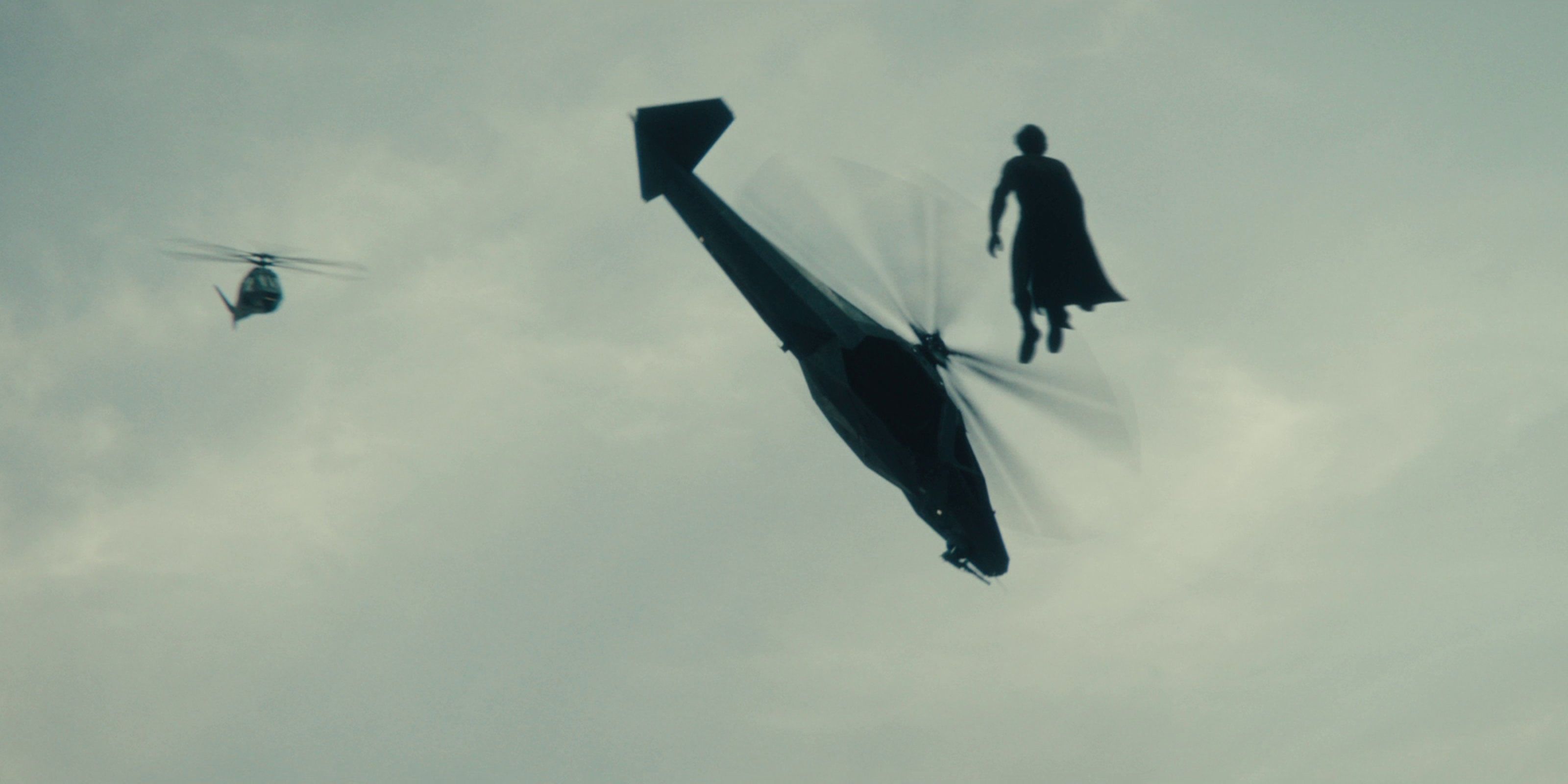 Sentry is a unique character in Marvel’s world, but he’s also one born from a rich tradition of complex heroes and antiheroes. “It’s not a unique story in some ways, right?” Paul Jenkins said about the duality of the character, “That’s Jekyll and Hyde, isn’t it? It’s about the duality of the human condition, and I think we all have these sides.” In Jenkins’ mind, some of the best superheroes were created in such a way that “their power was their problem.” “I had written a Hulk before,” Jenkins said, “and I always thought his power was his problem.”
Sentry is a unique character in Marvel’s world, but he’s also one born from a rich tradition of complex heroes and antiheroes. “It’s not a unique story in some ways, right?” Paul Jenkins said about the duality of the character, “That’s Jekyll and Hyde, isn’t it? It’s about the duality of the human condition, and I think we all have these sides.” In Jenkins’ mind, some of the best superheroes were created in such a way that “their power was their problem.” “I had written a Hulk before,” Jenkins said, “and I always thought his power was his problem.”“I think that what’s really great in character creation and development is you can take the side of it that doesn’t work for them.”
As much as Sentry in all his glory is a “Superman-type character,” Jenkins said, “it’s not good, because his power is his problem.” And, he said, “That kind of thing is a story that I think we can all relate to.”
Jenkins also expected the mental health aspect of Sentry’s story to resonate, saying “I think we can all relate to the fact that there are good days and bad days.” And, even if viewers and readers aren’t on mental health journeys, “I’m sure that we have a family member who is dealing with it … I just felt that there wasn’t a single person that would ever see the Sentry that wouldn’t say, ‘I see myself, or my understanding, in that character.’”
How Sentry Is Secretly A Commentary On Comics “It Was A Very Specific Thing That We Did”
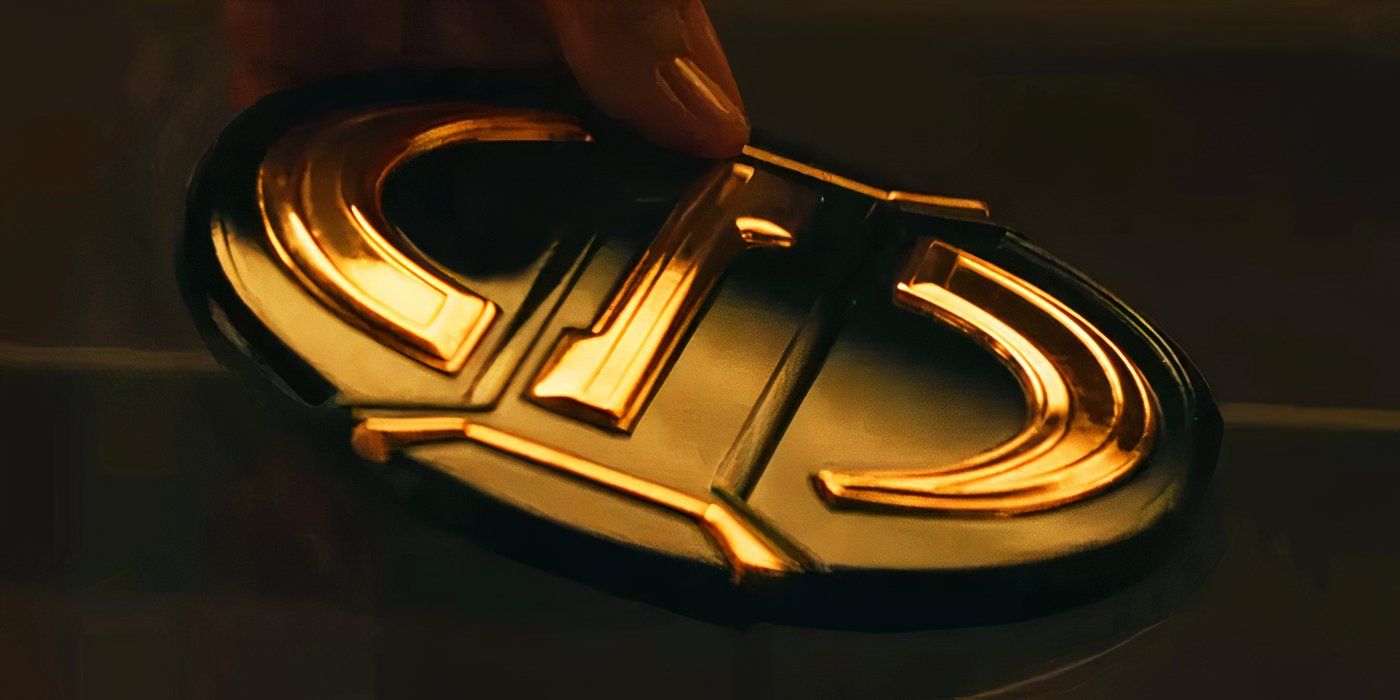 Sentry was created and written in part to explore themes of mental health and the drawbacks of power, but he also was meant to mirror the journey of the comics industry as a whole. “It was a very specific thing that we did, actually,” Jenkins shared. “When I created the character, I had looked at the way that comic history had gone, and if you think about it, back in the forties and fifties … it was sort of like, ‘throw something against the wall, see what sticks.’”
Sentry was created and written in part to explore themes of mental health and the drawbacks of power, but he also was meant to mirror the journey of the comics industry as a whole. “It was a very specific thing that we did, actually,” Jenkins shared. “When I created the character, I had looked at the way that comic history had gone, and if you think about it, back in the forties and fifties … it was sort of like, ‘throw something against the wall, see what sticks.’” “Around the sixties and seventies,” Jenkins continued, “it became much more experimental. You could have hippies and flower powers and all that kind of stuff. In the eighties, it became very realistic, [with] Alan Moore and people like him that wrote these realistic takes on characters. [With] Frank Miller in the nineties, it got a little tough. It got a little nasty. [Then there were] chromium covers and stuff where it all falls apart, [and] in the two thousands, it was time for recovery.”
The addiction that you might have with, say, heroin, mirrors the evolution of comics. You take it, you experiment, you come down to Earth, things get nasty, and then you recover. So, [Sentry was meant to mirror] the whole evolution of comics.”
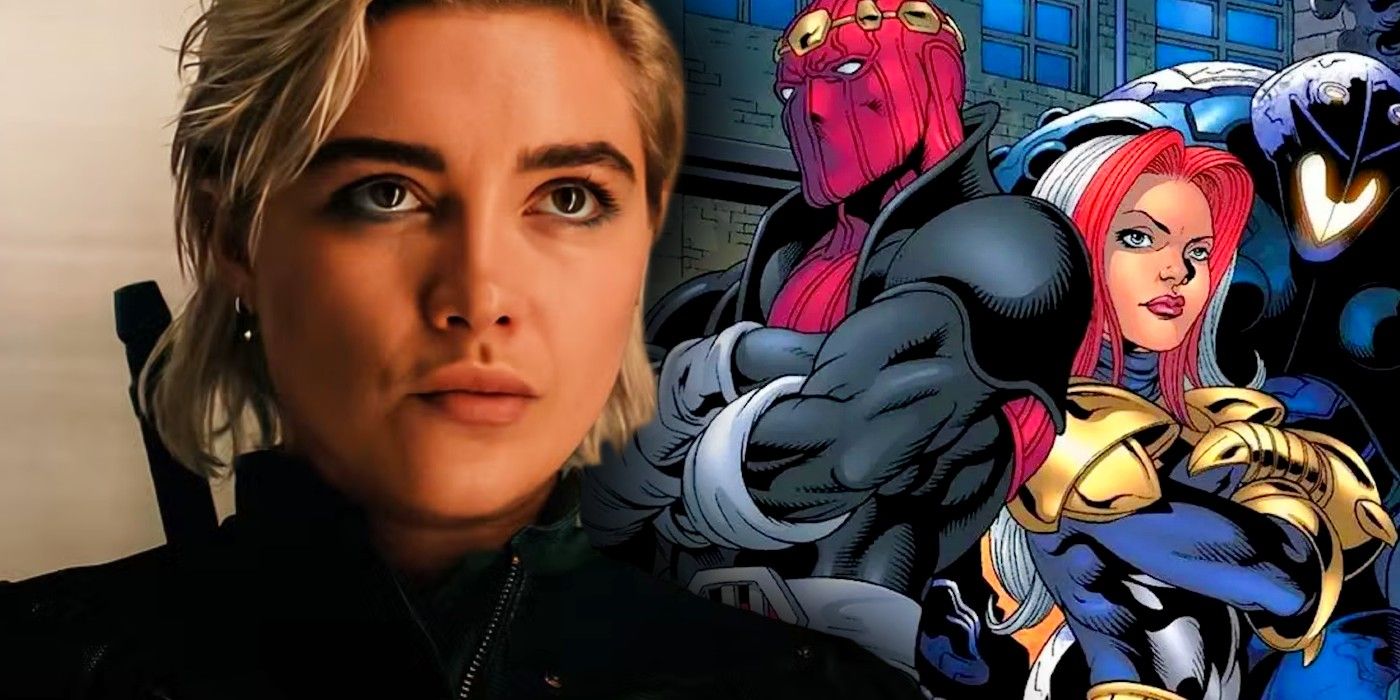 Related Thunderbolts*: 10 Major Differences Between the Comics and the MCU Thunderbolts* is currently sweeping the nation at the box office. Everyone loves the new MCU movie, despite some major changes from comic lore.
Related Thunderbolts*: 10 Major Differences Between the Comics and the MCU Thunderbolts* is currently sweeping the nation at the box office. Everyone loves the new MCU movie, despite some major changes from comic lore.Posts Jenkins Reflects On Sentry’s MCU Debut “I Don’t See That I Could Be Anything But Happy” Close It’s taken 25 years for Sentry to make the transition from page to MCU character–a length of time that is actually short compared to most of his peers (the Guardians of the Galaxy, for example, debuted in 1969.) Not only was Jenkins around to see the adaptation happen, but he helped ensure it was done the right way: “I was very lucky to work with Jake Schreier and a couple of other creative producers,” he said, “it was very gratifying to me that Jake had cared very much about our conversations and what I brought to it.”
The creator also shared his experience meeting Lewis Pullman, who played Bob/Sentry/Void in Thunderbolts*, after the movie was done. “He was a lovely guy,” Jenkins said, “and when I met him, we began to talk a little bit about staying in touch and continuing the dialogue about what the Sentry meant and what it would do.” Jenkins revealed that Pullman told him, “‘I love being this person. This character speaks to me so much,’” and that he was interested in learning more about Sentry.
Overall, the creator said “I loved how they presented it. I love what Lewis has done with it. I thought the vulnerability of the character is really cool. I think people love the dynamic with his character and Florence Pugh’s. So, all in all, I don’t see that I could be anything but happy.” Jenkins also said he is still in touch with “the film people,” adding, “I was able to be part of that one. I hope I’m able to be part of Sentry in the future.”
Bob’s Internal Struggle, Explained "He Can't Forgive Himself"
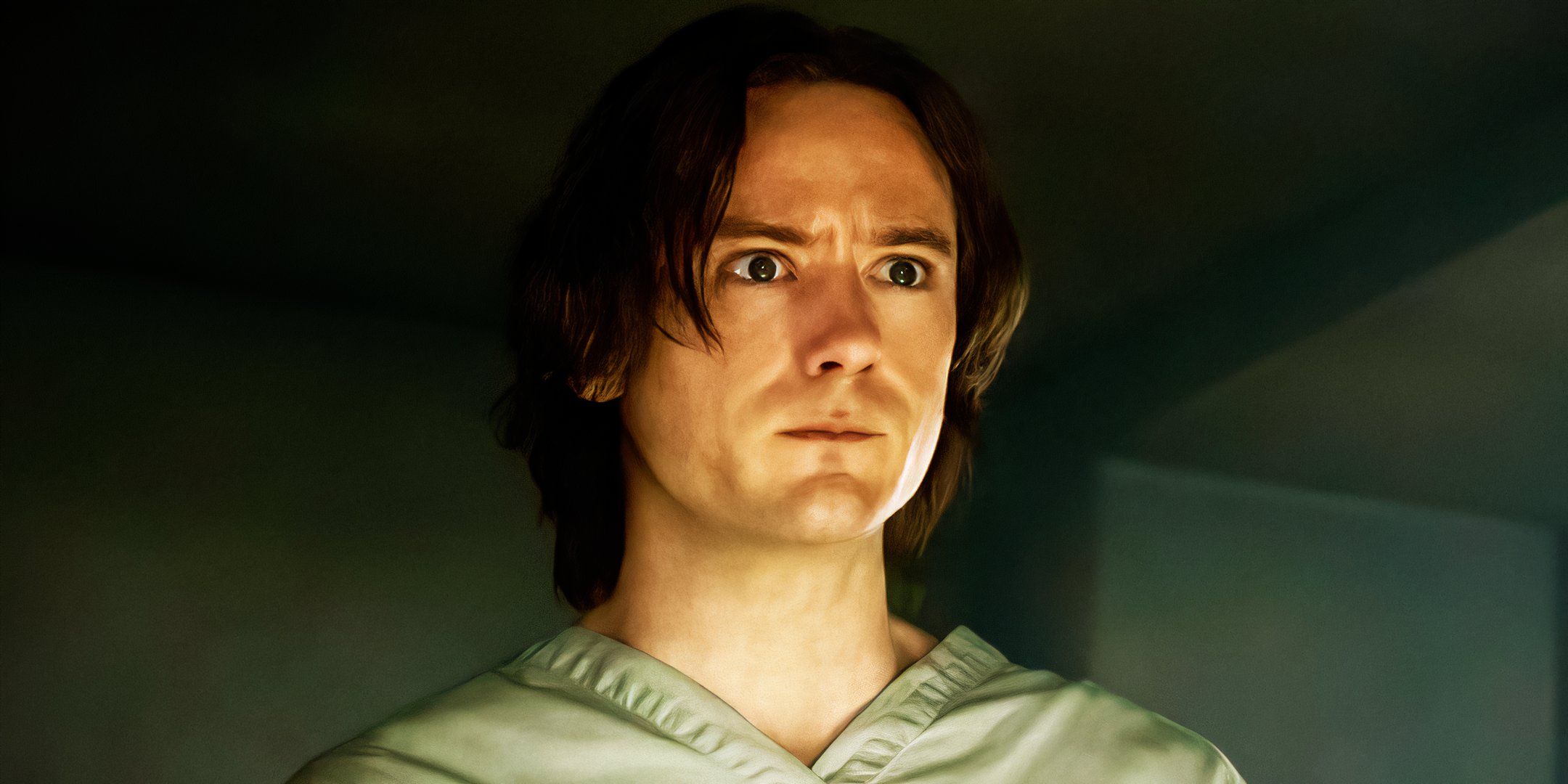 Bob is a fascinating character because he contains not only the Sentry, but the Void–a destructive, nihilistic manifestation of Bob’s inner struggles. But, crucially to Paul Jenkins, “I’ve always felt that what we did was not just shoehorn in, ‘It’s good versus bad.’ That was never the case. I think when he was the Sentry, there was an undercurrent that it was dangerous, and when he was Void, there was an undercurrent that there might be something else there.”
Bob is a fascinating character because he contains not only the Sentry, but the Void–a destructive, nihilistic manifestation of Bob’s inner struggles. But, crucially to Paul Jenkins, “I’ve always felt that what we did was not just shoehorn in, ‘It’s good versus bad.’ That was never the case. I think when he was the Sentry, there was an undercurrent that it was dangerous, and when he was Void, there was an undercurrent that there might be something else there.”“That’s the way to do the Sentry, and if they keep going that way, there’s a lot to explore.”
Although Jenkins said Lewis Pullman may be “better qualified” to speak to the inner workings of Bob as he appears in Thunderbolts*, he did address what he believed that character’s internal struggle to be in the movie: “When the Void is punishing him, and when he is the Void, to me, that’s the aspect of himself that represents a lack of self-forgiveness. He will not forgive himself. He won’t forgive himself for his survivor’s guilt. He won’t forgive himself for standing up to his father, and his mom telling him off.”
“He can"t forgive himself, because how can you go back in time to forgive yourself as a little kid when you had no opportunity to do so?” Jenkins continued, adding, “And so, no matter what it is that"s created this trauma in him–the trauma of his family, a chemical imbalance, a mental health issue of some other kind–the Void is the part that he refuses to forgive himself for, and because he has that self-loathing and that lack of forgiveness of self, it manifests as the Void.”
Sentry’s MCU Future Should Be About More Than His Power “How Can You Overcome The Challenges That Are Inside You?”
 Speaking of that future, Jenkins didn’t give away any details (“Let me tell you the end of the story I might write,” he joked), but he did discuss the Thunderbolts* post-credits and what he believes would resonate in terms of writing and showing the character in the future. “One thing that’s really cool about that post-credit scene, by the way, is that Bob is actually sitting there reading a self-help book, which is really cute.” (He’s reading Rick Rubin’s The Creative Act).
Speaking of that future, Jenkins didn’t give away any details (“Let me tell you the end of the story I might write,” he joked), but he did discuss the Thunderbolts* post-credits and what he believes would resonate in terms of writing and showing the character in the future. “One thing that’s really cool about that post-credit scene, by the way, is that Bob is actually sitting there reading a self-help book, which is really cute.” (He’s reading Rick Rubin’s The Creative Act).That scene is a good indication of Schreier’s understanding of Bob, and it’s that understanding that Jenkins hopes carries forward to other MCU films. “If you just look at him and say, ‘He’s overpowered,’ I think you’ve got a problem right there, because that’s not what the character is about,” he shared. “It has to be about, ‘How can you overcome the challenges that are inside you to do something that you feel has merit? What’s your sense of self-worth?’ All of those are the real story of Bob, and it doesn’t ever change because he’s overpowered or not.”
“I hope that the main part of that interaction is the human story, the kind they put in Thunderbolts*, instead of, like, ‘Can he punch Dr. Doom harder than Dr. Doom can punch him?’ Now, that being said, it’d be pretty cool to see what happens. He’s got the power of a million exploding suns, right?”
Jenkins also shared his original three-part idea for the exploration of Bob as a character: “There was always intended to be a trilogy, and the trilogy had … levels. One was, ‘How does it feel to find out you’re really a superhero?’ [Then,] ‘What does it mean to be a human dealing with this?’ and, ‘What does it mean to transcend humanity?’ I never really got to the three, but the other side of it was always going to be like, ‘How does he come awake? How does he stay awake?’”
“And the last part of it, the character part that I’m just so interested in writing, is ‘What do you do when you are supposed to live, and you’re being judged only as a thing?’ I think the interesting story to write about Sentry right now is, ‘You are not your mental illness.’ If you suffer from one, that is not who you are.”
Check out our other Thunderbolts* interviews:
- Composers Son Lux
- Thunderbolts* red carpet
- Florence Pugh
- Jake Schreier
- Julia Louis-Dreyfus & Geraldine Viswanathan
- Wyatt Russell & David Harbour
- Lewis Pullman & Hannah John-Kamen
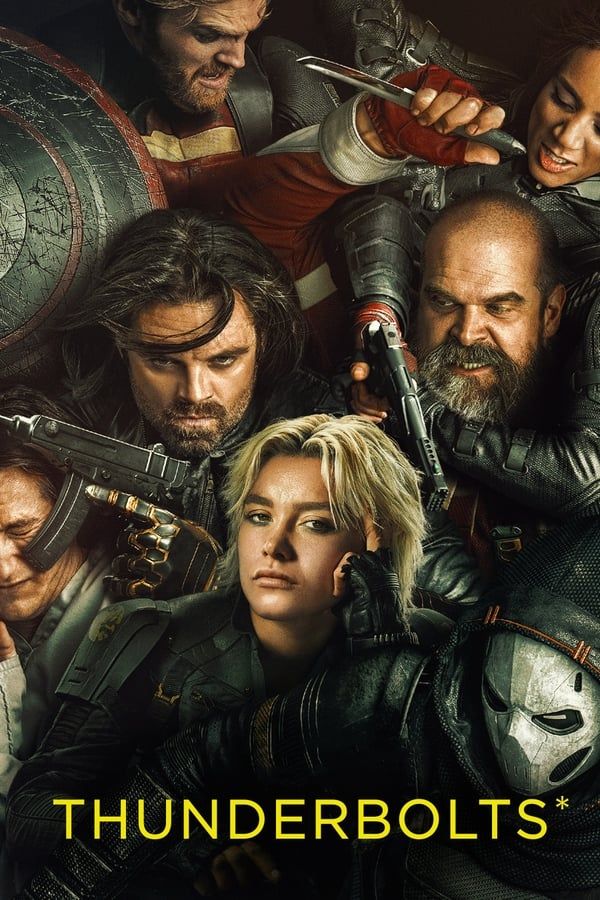 Your Rating close 10 stars 9 stars 8 stars 7 stars 6 stars 5 stars 4 stars 3 stars 2 stars 1 star Rate Now 0/10 Leave a Review Your comment has not been saved
Your Rating close 10 stars 9 stars 8 stars 7 stars 6 stars 5 stars 4 stars 3 stars 2 stars 1 star Rate Now 0/10 Leave a Review Your comment has not been savedLike Follow Followed Thunderbolts* PG-13 Adventure Action Sci-Fi
 Florence Pugh Yelena Belova
Florence Pugh Yelena Belova  Sebastian Stan James Bucky Barnes / Winter Soldier
Sebastian Stan James Bucky Barnes / Winter Soldier Powered by
